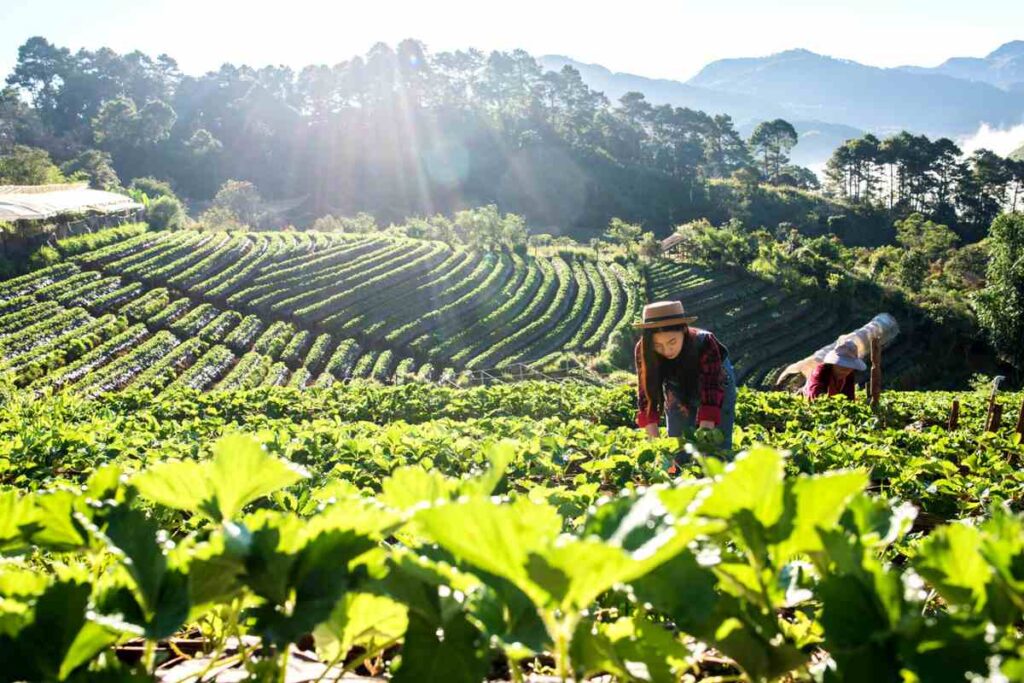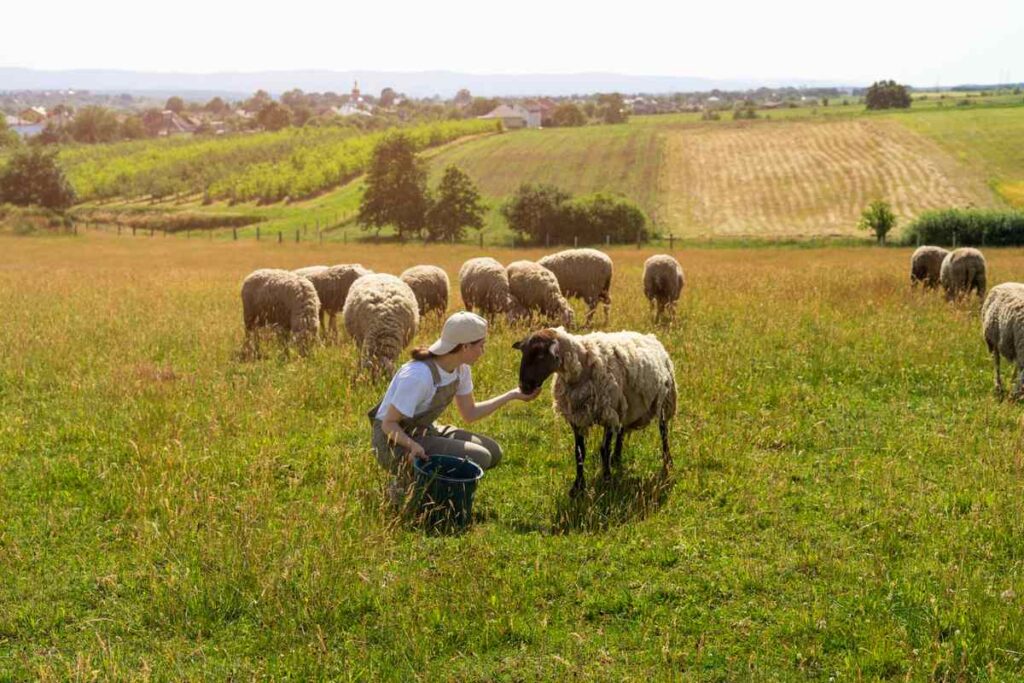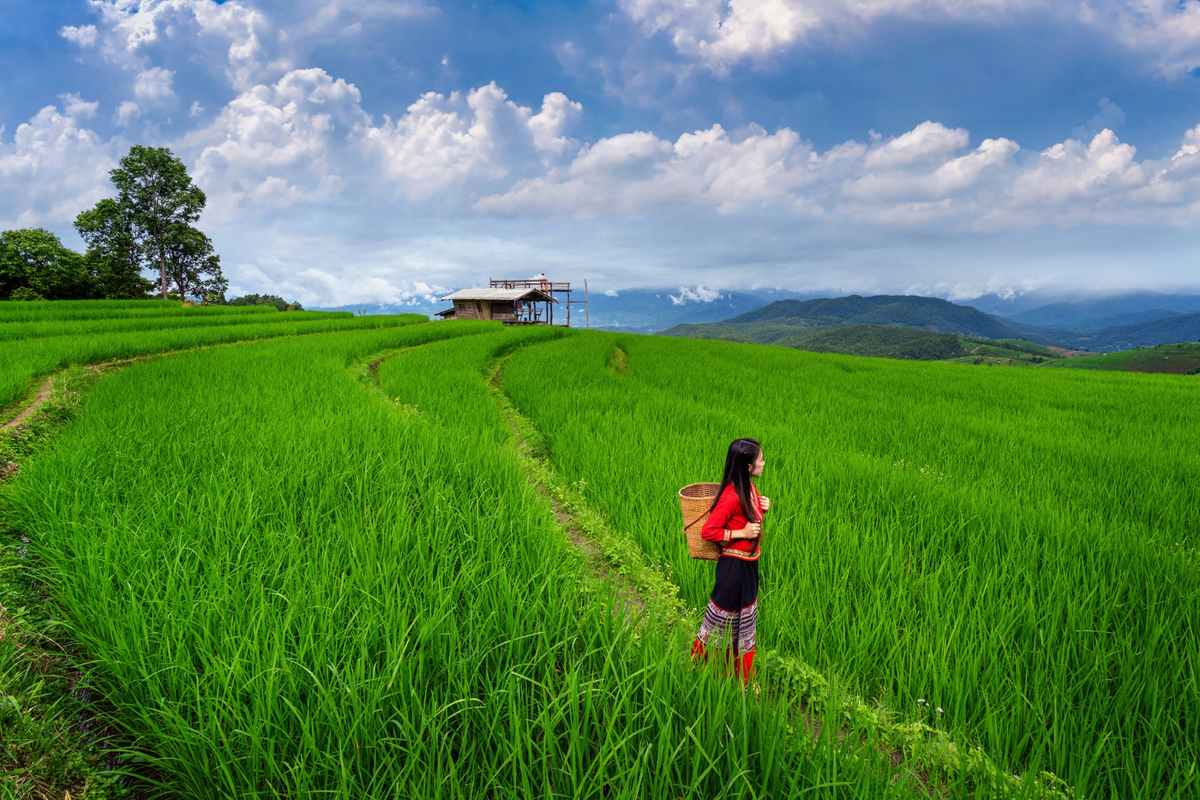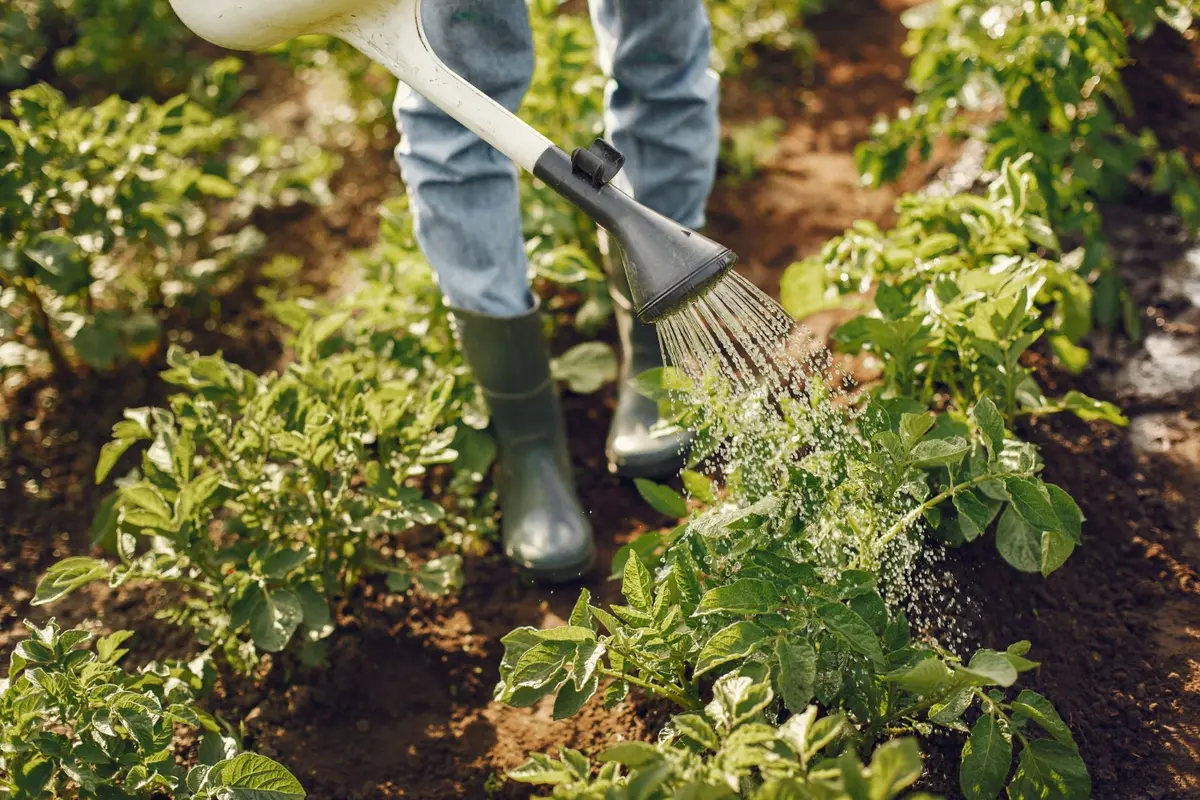The word “agritourism” is a combination of two words: “agriculture” and “tourism.” It is derived from the Italian term “agriturismo,” which became popular in Italy in the 1980s. In Italian, agriturismo refers to farm-based tourism where visitors stay on farms and participate in rural life. The concept later spread to other parts of the world, including the Americas, Europe, and Asia, evolving into what we now call agritourism.
Table of Contents
Agritourism Definition
Agritourism is a form of tourism that connects agriculture and travel by inviting visitors to experience life on a working farm or in a rural area. It includes activities such as farm stays, crop harvesting, animal feeding, guided farm tours, traditional cooking, and rural handicraft demonstrations.
Agritourism offers city dwellers a chance to learn about farming practices, enjoy nature, and relax in a peaceful environment while providing farmers with an additional source of income. It also helps preserve local traditions, promote sustainable farming, and strengthen the bond between consumers and food producers.
Agritourism Benefits

1. Additional Income for Farmers
A major advantage of agritourism is that it gives farmers an extra way to make money. Farming can be quite uncertain because of things like market changes, weather issues, and inconsistent harvests. By getting into agritourism, farmers can boost their income through activities such as hosting farm stays, leading tours, and providing food experiences.
2. Promotes Rural Development
Agritourism boosts local economies by attracting tourists to rural areas. It generates employment opportunities on farms and in surrounding businesses, including restaurants, shops, and transportation services. The rise in tourist numbers can also enhance local infrastructure, improving roads, sanitation, and communication systems, which supports the overall growth of the region.
3. Preserves Agricultural Heritage and Culture
By showcasing traditional farming practices, rural lifestyles, and cultural activities, agritourism helps preserve and promote local heritage. Tourists get to learn about indigenous farming techniques, folk music, traditional cooking, and crafts, which might otherwise be forgotten.
4. Educational Opportunities
Agritourism provides hands-on learning experiences for students, children, and tourists who may have limited knowledge about agriculture. Activities like planting, harvesting, milking cows, or feeding animals teach people about where food comes from, the importance of sustainable farming, and the hard work involved in agriculture.
5. Encourages Sustainable Farming Practices
Farmers involved in agritourism often adopt eco-friendly and sustainable practices to appeal to environmentally conscious tourists. This includes organic farming, composting, water conservation, and the use of renewable energy. As more people visit and support such farms, it encourages other farmers to follow similar sustainable approaches.
6. Strengthening Farmer–Consumer Relationships
Agritourism builds trust and transparency between farmers and consumers. Visitors can see how food is grown, understand the challenges farmers face, and appreciate the effort behind every product. This direct connection often leads to long-term customer relationships, loyalty, and support for local produce through farm-direct sales.
7. Increases Awareness About Food Security
Agritourism helps raise public awareness about the importance of agriculture in ensuring food security. By experiencing rural life and seeing how food is grown, tourists develop a greater appreciation for sustainable farming, reducing food waste, and supporting local producers.
8. Enhances Mental Well-being of Tourists
For tourists, agritourism provides a refreshing escape from city life. Spending time in natural, peaceful environments, engaging in simple rural tasks, and enjoying farm-fresh meals can have therapeutic effects. It promotes relaxation, mindfulness, and a deeper connection to nature.
Agritourism Examples

1. Farm Stays
Farm stays are one of the most popular forms of agritourism, where tourists live on a working farm for a few days and experience rural life firsthand. Guests may stay in traditional cottages or farmhouses and participate in daily farm activities such as feeding animals, milking cows, collecting eggs, harvesting fruits or vegetables, and cooking local meals. This experience offers a peaceful break from city life and helps tourists connect with nature and the source of their food. For farmers, it’s a way to earn money from hospitality while continuing their agricultural work.
2. U-Pick or Pick-Your-Own Farms
U-pick farms invite visitors to come and pick their own produce, such as strawberries, apples, blueberries, pumpkins, or flowers, depending on the season. This interactive activity is especially popular with families and school groups. It offers an enjoyable day out while educating people about harvesting and crop cycles. It also helps farmers reduce labor costs and increase direct-to-consumer sales.
3. Agricultural Festivals and Events
Many regions host seasonal agricultural festivals to celebrate harvests or local produce. Examples include grape-stomping festivals during wine harvest, mango festivals, flower shows, or harvest fairs. These events often feature local food stalls, cultural performances, craft exhibitions, and traditional games. They attract large crowds and help promote rural tourism, showcase local farming culture, and create market opportunities for small farmers and artisans.
4. Educational Farm Tours and Workshops
Some farms organize guided tours, workshops, and hands-on training programs for school children, college students, tourists, and aspiring farmers. These tours may include lessons on organic farming, composting, beekeeping, hydroponics, or traditional cultivation techniques. Educational agritourism helps bridge the urban-rural knowledge gap and promotes sustainable farming awareness. It also supports environmental education and can be a great tool for inspiring the next generation of farmers and eco-conscious consumers.
5. Vineyard and Winery Tours
Wine tourism is a successful form of agritourism in many countries, including Italy, France, the U.S., and even parts of India. Visitors tour vineyards, learn about grape cultivation, observe the wine-making process, and enjoy tastings. Some vineyards also offer food pairings, cooking classes, and luxury farm stays. These tours not only add value to the wine business but also offer an elegant rural tourism experience focused on agriculture, culture, and cuisine.










